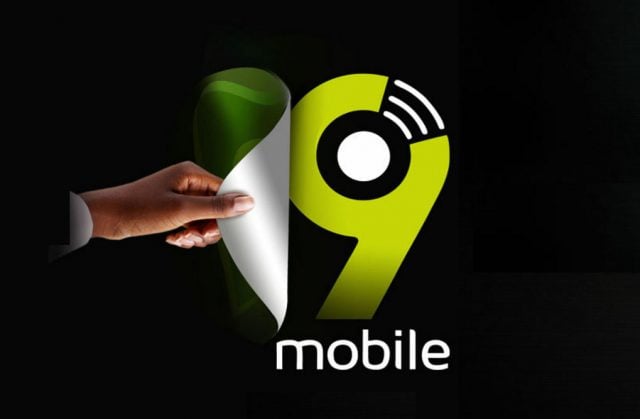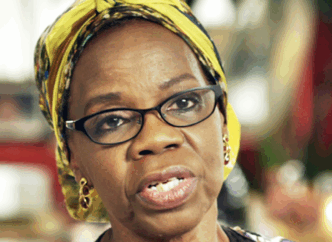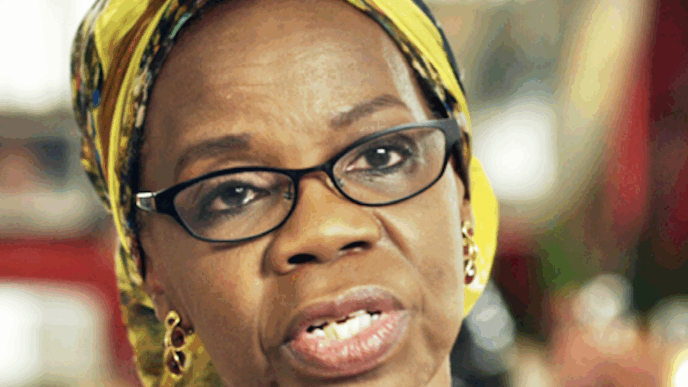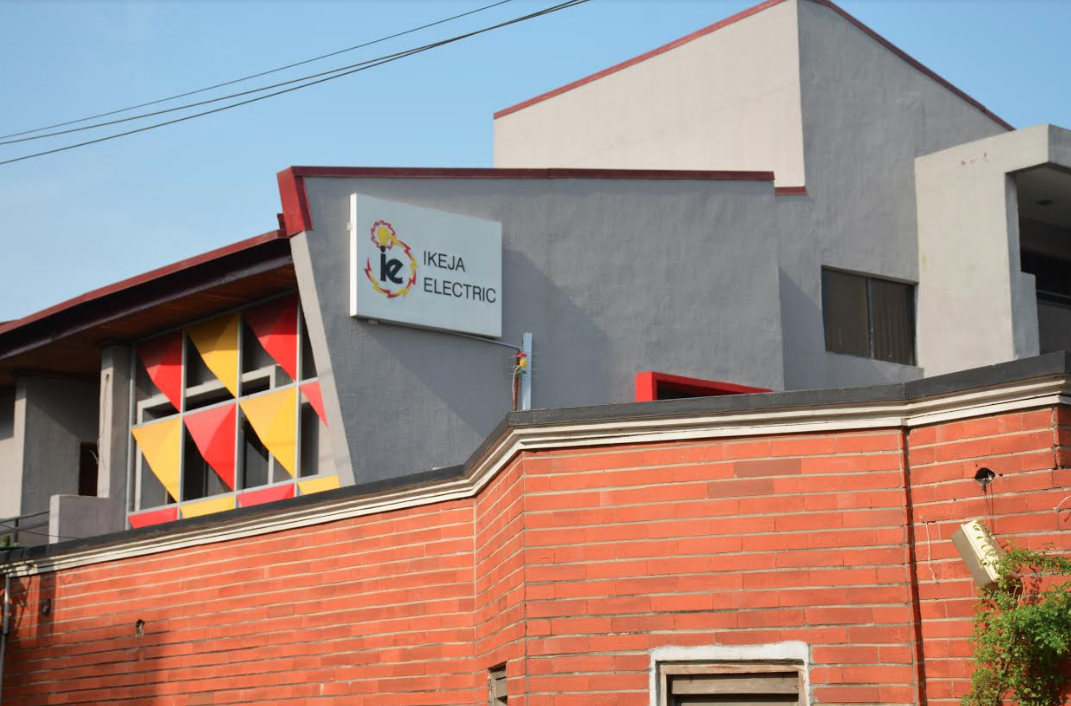On July 2, MTN Nigeria announced a three-year national roaming agreement to allow 9mobile subscribers to access MTN’s extensive network infrastructure across the country.
The deal was signed with the Emerging Markets Telecommunications (EMT) Services Limited — operators of 9mobile — following the approval of the Nigerian Communications Commission (NCC).
In a corporate filing on the Nigerian Exchange Limited (NGX), MTN had said the agreement would enable 9mobile customers to roam seamlessly on its network, promoting industry collaboration and improving operational efficiency.
Both telcos believe the roaming arrangement will contribute to a more effective use of telecommunications resources and accelerate efforts to expand connectivity across the country.
Advertisement
Officially confirming the partnership at a press briefing on July 4, Obafemi Banigbe, the chief executive officer (CEO) of 9mobile, said the service was being tested to ensure seamless connectivity for subscribers.
“We expect that all our tests will be completed over the weekend. So, we expect that within the month of July, we will be able to have a rollout across the country based on the outcome of the tests that we have done,” Banigbe said.
WHAT IS ROAMING?
Advertisement
A popular term, roaming is an aspect of infrastructure sharing in the telecoms industry. According to the NCC, the service enables a mobile subscriber to automatically make and receive voice calls, send and receive data, or access other services when travelling outside a particular network geographical area by utilising the network coverage of other networks.
The service is facilitated through agreements between different network operators, allowing users of one network to use the services of another network – a crucial framework for maintaining seamless connectivity for mobile users who are on the move.
WHY WAS IT NECESSARY?
The recent outburst of 9mobile subscribers over the telco’s poor service is the result of the quiet struggles of the company, which has led to the dumping of the network. 9mobile’s customer base has shrunk from 3.63 million in December 2023 to 2.6 million as at May, according to data from the Nigerian Communications Commission (NCC).
Advertisement
The company’s network reliability has steadily declined, marked by outages, poor coverage, and slow internet speed. According to reports, limited investment under new owners, LightHouse Capital, has worsened the situation. The roaming deal with MTN is seen as a critical lifeline for 9mobile — an operator struggling to serve its 1.55 percent market share.
WHAT ARE THE TYPES OF ROAMING SERVICES IN TELECOMS SECTOR?
The two main types are national and international roaming services.
International roaming occurs when a user travels to a different country and connects to a local network operator in that country, allowing the user to maintain mobile services while abroad. The downside is that it is more expensive as it attracts higher costs.
Advertisement
National roaming, on the other hand, happens when a mobile user connects to a different network operator within the same country. This is adopted in areas where the user’s home network may have limited or no coverage, allowing access to services via another domestic network. The MTN-9mobile deal is a national roaming arrangement.
HOW DOES IT WORK?
Advertisement
According to Javna, a communications technology provider, roaming functions through a coordinated process between the home network (the original service provider of the user) and the visited network (the local network in the area where the user is travelling). The process includes identification and authentication, agreement check, service provision, and data transfer.
Javna said when a mobile user travels to a different area, their device sends a signal which is picked up by the local (or visited) network. The visited network identifies the user’s home network through their SIM card information and requests authentication, which also involves checking if there is a roaming agreement with the user’s home network. If such an agreement exists, it allows the device to access its services: voice, SMS, and data services.
Advertisement
The usage details are recorded by the visited network and sent to the home network, which then calculates the charges based on predetermined roaming fees and includes them in the user’s bill.
WHAT IS THE STATE OF 9MOBILE’S NETWORK INFRASTRUCTURE UNDER THE ROAMING DEAL?
Advertisement
At the aforementioned press conference, Banigbe informed journalists that the deal with MTN will only apply to areas where 9mobile currently lacks coverage, stressing that the company still has its own network infrastructure.
But industry stakeholders disagree with his position.
TheCable understands that 9mobile “has no network at the moment”, since the roaming deal is active. A source said the company’s base stations are shut down, indicating that their spectrum is not in use. More so, the roaming agreement reportedly grants MTN access to 9mobile’s 900 MHz, 1800 MHz, and 2100 MHz frequency bands.
WHO PAYS FOR IT?
Typically, roaming attracts additional costs when a mobile user accesses services outside their home network’s coverage area, especially during international roaming.
The MTN-9mobile deal is a commercial arrangement based on a framework that is “profitable to MTN and affordable to 9mobile”.
Under the agreement, billing for subscribers and other services will remain unchanged, further suggesting that 9mobile – described as MTN’s number one customer – will bear all costs attached to the deal.
“If your number is active, meaning you have recharged within the last 90 days, you don’t need to re-register. If you haven’t recharged, you simply recharge, and you will be able to latch onto the 9mobile network just like before,” Banigbe had said.
IS THIS THE FIRST ROAMING AGREEMENT BETWEEN BOTH TELCOS?
The latest agreement is not the first. In 2020, the NCC granted approval for the telcos to conduct a three-month trial of the national roaming service. The trial approval covered a few local government areas in Ondo state.
Umar Garba Danbatta, the former executive vice-chairman (EVC) of NCC, said the primary objective of the national roaming service trial was to encourage network resource sharing among operators.
Apart from the previous and current MTN-9mobile agreements, TheCable understands that there have been roaming and infrastructure sharing discussions among several operators, but not all have progressed to full commercial implementation.
“Some have taken the form of passive infrastructure sharing, while others have explored active network sharing models,” said Tony Izuagbe Emoekpere, president of the Association of Telecommunications Companies of Nigeria (ATCON).
However, the MTN-9mobile deal remains the most prominent public example of active roaming between two mobile network operators in Nigeria.
Elsewhere, MTN South Africa struck a national roaming deal with Cell C, a telecom firm in the region, in 2018.
WHAT ARE INDUSTRY EXPERTS SAYING ABOUT THE AGREEMENT?
Speaking in the organisation’s half-year financial statement, Karl Toriola, MTN’s CEO, said the agreement aligns with the telco’s 2025 strategy and underscores “our commitment to industry collaboration and sustainability, in support of the NCC’s vision of a fully connected Nigeria and deepening market inclusion”.
Emoekpere described the deal as a positive development for the industry that represents a practical step toward improving service quality, expanding coverage, and optimising existing infrastructure.
He said the development also demonstrates how collaboration — rather than isolated competition — can support universal service goals and address persistent gaps in underserved areas.
Emoekpere said ATCON commends both parties for taking the step, and fully supports infrastructure sharing and collaborative partnerships that enhance service delivery while ensuring fair market dynamics.










